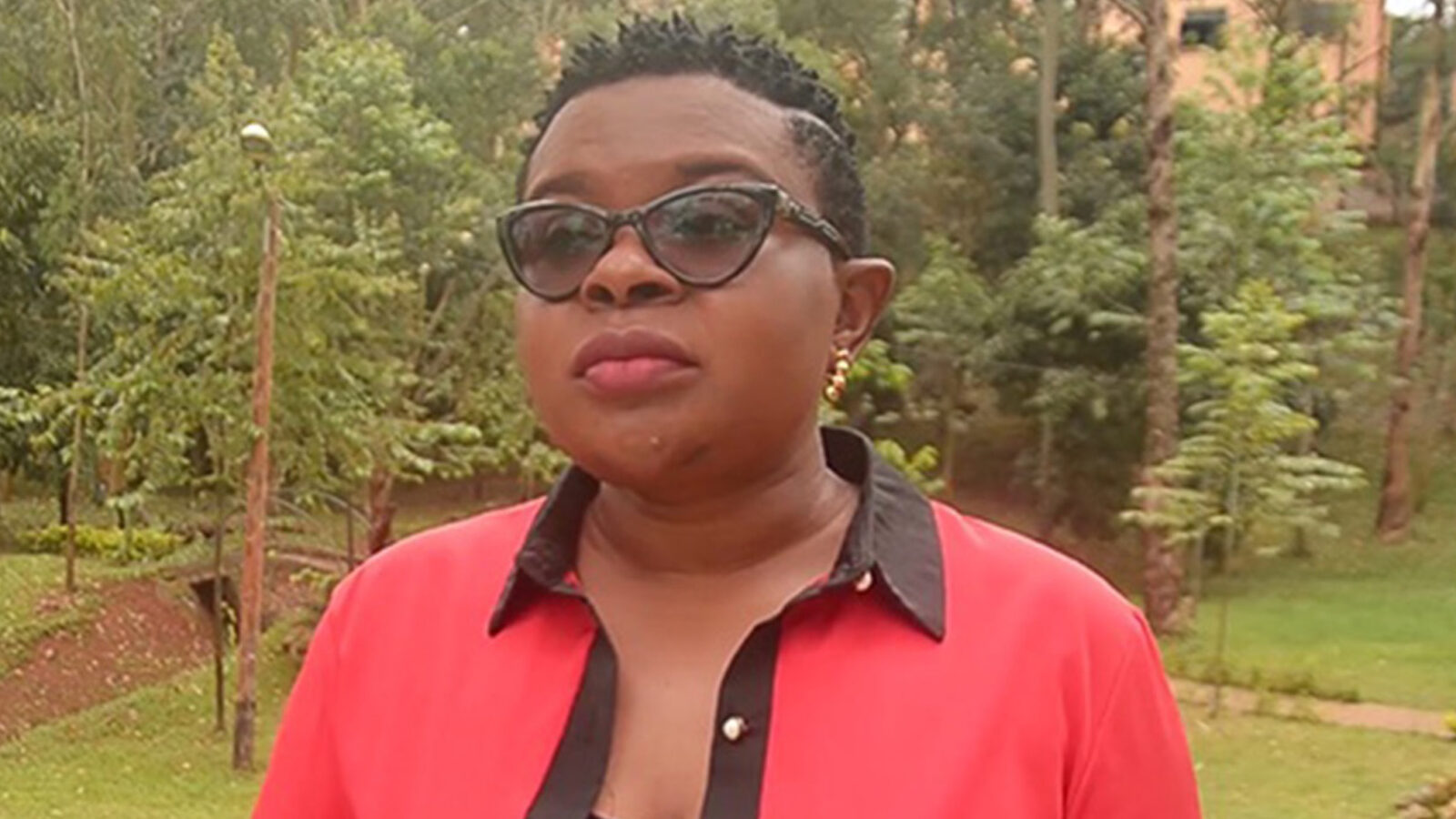July 2022
My insatiable quest for transformative leadership pushed me to look for programs that can empower me with skills to fulfill this quest. Then I came across the Yale World Fellows Program which is tailored exactly to my taste. Challenged by a plethora of cases on domestic violence, I took the opportunity that this program offered to hone my leadership skills. Leadership today has become more complex than ever before and to succeed as a leader, such programs are imperative.
I also took interest in the program because I wanted to build a strong network that will link me to other great leaders around the world and give me the opportunity to learn best practices which I can customize to suit my own society. As a committed professional and leader, I consider networking a vital tool for my personal and career growth. I could only achieve this through the World Fellows Program. I am a Yale alumni connected to a network of diverse professionals, and we have common spaces to and brainstorm solutions to the world’s most pressing issues.
Today, I am the founder of Haven of Rebirth Cameroon (HAREB), an organization that caters to victims of sexual and gender based violence. This idea was born during the World Fellows Program, and thanks to the leadership skills which I acquired, I am able to successfully manage a very dynamic team. I pride myself as an advocate for the vulnerable and the impact on my community is just so visible.
Cameroon in the midst of a civil war as a result of terrorist attacks, and Anglophone Crisis has witnessed gross human rights violations and other degrading treatment perpetrated on individuals. Carrying out legal advocacy under such conditions is not easy.
I face security and well as administrative challenges. In terms of security, we put ourselves in great danger when we have to intervene in these areas. So we work in collaboration with local persons who give us ample information as to the happenings on the ground. We go onsite infrequently to minimize the security risks. Administratively, it has been tough working during a pandemic. During the early days of the global lockdown, I worked on a research project to build resilience among the Internally Displaced Persons in Yaoundé. Despite the safety measures that were put in place, most of these people did not have access to basic necessities, like water. Our organization ended up supplying the community with face masks, water, and soap. This allowed us to have an immediate impact while gaining advocates among those we were helping.
The judiciary that should safeguard the human rights of the citizens have been greatly fragilized by Cameroon’s presidential system. The president is the head of the legislation and the judiciary. Human right abuses such as arbitrary arrest and extra judicial killings, poor prison and detention center conditions, torture and other cruel treatment, disappearances, shoddy arrest procedures and poor treatment of detainees, and denial of a fair public trial have been normalized by the state. Freedom of speech is guaranteed but freedom after speech is not a guarantee, so the opposition has been rendered frail.
The ongoing civil war has seen a lot of human rights violations by government forces. Villages have been burnt with its inhabitants still there, and children have been shot while in school, not to mention other degrading and inhuman treatments carried out by government forces. Yet nothing seems to be done to the perpetrators. And in the face of these human rights violations, government officials have impeded many human rights NGOs by harassing their members, limiting their access to prisons and other detention centers, refusing to share information, and threatening their personnel. Often a lawyer defending the rights of a victim and might end up in the same cell as the victim.
The future for human rights in Cameroon is very dreary and if power is not separated among the government, legislature and judiciary, I fear this situation may even go worst. Activists keep fighting and we hope that things will change some day.
Advocating for others has always been a passion of mine. I come from a culture where women and girls were always told what to do. As a teenage girl, I had big dreams, aspirations, and ideas of how my future would look like. But these dreams were shattered when I got pregnant and had to drop out of school. I was mocked, laughed at, and discriminated upon. But when I had the opportunity of going back to school, I told myself I needed to be in a position where I could help young girls and other vulnerable groups. Being a lawyer was just the perfect profession to attain my objectives.
It has been very fulfilling working as a lawyer and an activist. I find myself intervening in very complex cases at different levels—locally, regionally, and nationally. I have worked on a draft law on child marriage which if adopted, will elevate the societal position of women and children.
My role models have been other female leaders, and through their work I have the drive to continue to build my profile in the legal industry.

